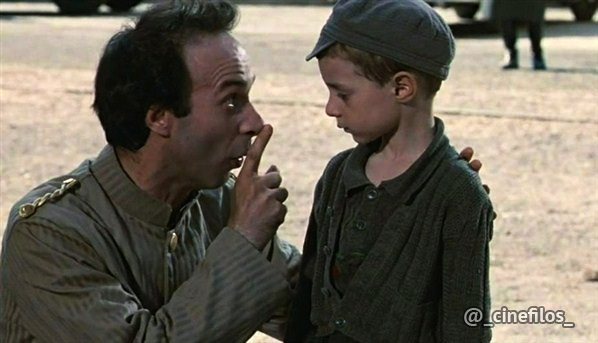To start, I have a couple of questions for you to think about:- Which is your context? How do you feel about it?- Do you think we can put it away and just go on?- If you were a writer, what would you say about your country in this specific context (21st century)?
Maybe some of us may have felt overwhelmed by our problems at a certain time and took a piece of paper, or even facebook (any social network) and started writing in order to unburden, to reflect, maybe find a solution to the problem or just as a way of escape.
Our experiences, the place in which we live, our families, people around us, the predominant ideology, etc. are part of our own context, we are living in a specific part of History and this, like it or not, has made an impact in our lives since everything we know is arranged by it and most of our decisions will be based considering this.

For writers, context has a powerful influence, too. I would say it is crucial and it gives a writer his/her own personal style since it is what has made him/her being who they are by taking into account their own experiences and the vision of world at that specific moment in History. Each novel, comic, play or comic that we have read during this semester are the product of a specific context and they all provide us a little more information of what was happening in world at a certain period of time, the first example of this is Hemingway, a writer who constantly talks about a "lost generation" which was wounded by WWI and that hide its frustrations in certain activities, then, there's Tennessee Williams, a man who was strongly influenced by his context and found a way to escape of it through writing and creating characters inspired on real life people who had been part of his life.
Although Spiegelman doesn't directly talk about his own experiences on MAUS, we can see that he's not the exception to the rule since he uses writing to tell us about his parent's story as survivors of one of the worst tragedies of the world, the Holocaust, which was caused by an ideology which believed jewish people didn't even have rights and treated them worse than slaves. This kind of suffering had no comparison and that is what may made Spiegelman feel frustrated because he could not express himself and probably felt guilty if he complained about something since he knew that his parent's experiences were about a thousand times worse than what he was feeling at the moment.
As it was mentioned a lot of times before, experiences are part of what makes us who we are and writers try to show us a little bit about themselves when writing any type of text from their own perspective and I think it is quite useful for us to find out about literature of specific periods of History since we can identify its main visions from the perspective of people who just lived there and tried to leave their mark or were just trying to keep record of their memories. In this case, it is possible to state that most of the writers we read about in classes are trying to escape of their context by creating a new reality by writing because most of them were exposed to hard times and may have been frustrated because of it.








.jpg)